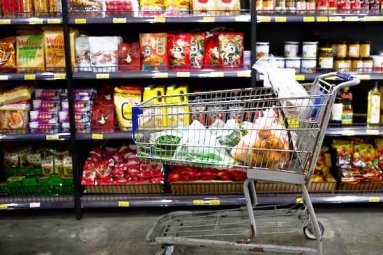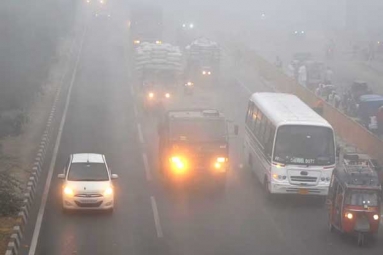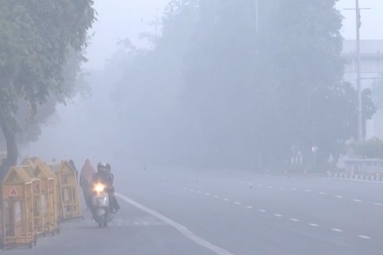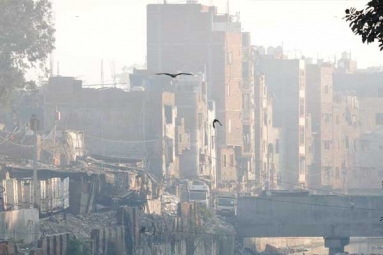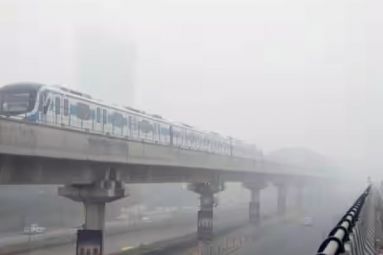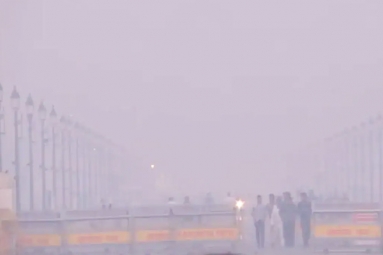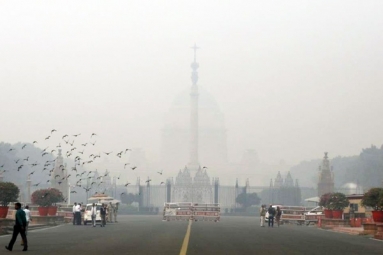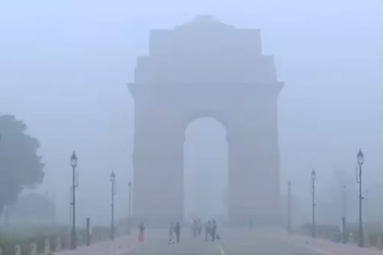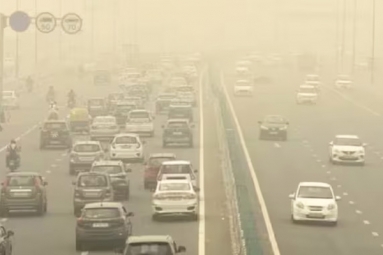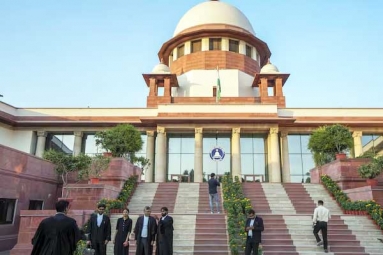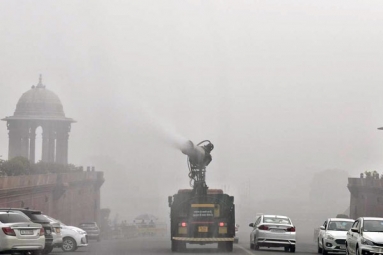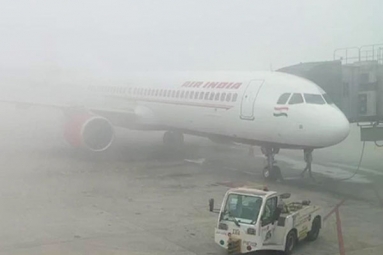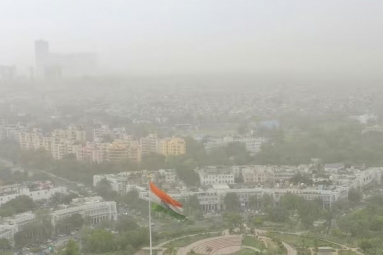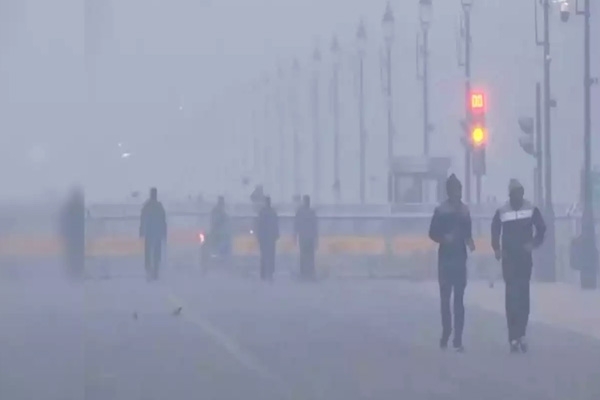
(Image source from: ANI)
The Supreme Court has stated that the fourth stage of anti-pollution measures, known as GRAP-IV, will remain in effect for the next 72 hours in Delhi and the National Capital Region. The air quality index in the city and surrounding areas is currently at 371, which is still categorized as 'very poor'. The court has also emphasized its intention to maintain control over the decision to move down a level or two in the GRAP hierarchy. The court has suggested that it will examine compliance with its orders by the Delhi government on Monday and then consider whether to move from GRAP-IV to GRAP-II. Additionally, the court has proposed that the government post police at the 113 checkpoints on the city's borders to monitor the entry of trucks into the national capital region. This is in response to the ban on the entry of trucks and commercial vehicles carrying non-essential goods and services under GRAP-IV, as questions have been raised about the enforcement of this ban.
The Delhi government's plea to have already taken necessary actions was dismissed as "arbitrary" by the court. The court pointed out that the list of entry points was not provided, making it impossible to verify the claims. Additionally, GRAP-IV measures have been implemented, including a ban on the operation of certain diesel vehicles and the shift to online schooling. The government has also staggered office timings for its staff and encouraged private firms to adopt work-from-home. All Delhi residents have been advised to wear anti-pollution masks when going out. The court has decided that GRAP-IV will remain in effect even if the air quality index (AQI) falls below 450, the threshold for implementing the fourth stage. The court had previously criticized the Delhi government for not reacting quickly enough as the city's air quality deteriorated.
The air quality this year is just as crucial, especially after the decline in air quality following Diwali, which is a regular and expected deterioration due to many people in the city disregarding the ban on firecrackers. In a previous court session, the court expressed distress over the use of firecrackers and strongly criticized the government and police, stating that "no religion promotes any activity that causes pollution". The judges held the ruling Aam Aadmi Party and the police responsible for not properly implementing the ban on firecrackers, calling their explanations "just for show". Over the past weeks, Delhi has experienced alarming levels of toxic smog, leading health experts to repeatedly warn about increased respiratory illnesses. The AAP's struggle to control pollution levels has provided ammunition for the Bharatiya Janata Party, which has criticized the ruling party ahead of the upcoming election. The BJP's Delhi unit leader, Virendra Sachdeva, stated that the situation in Delhi is worsening, and that the people are suffering due to poor governance in the city, with dust control and stopping stubble burning in Punjab being necessary to address the pollution problem, which is caused by the Delhi government's poor work. In response, AAP's Chief Minister Atishi accused the central government, led by the BJP, of failing to act and engaging in "politics on pollution". She blamed farm fires in neighboring states, except Punjab where the AAP is in power, and the lack of action by the BJP-led center, leaving the "people unable to breathe".
The air in northern India is also contaminated. Punjab is the only state that has decreased the practice of burning crop residues. Why doesn't the central government take action against the other states?





